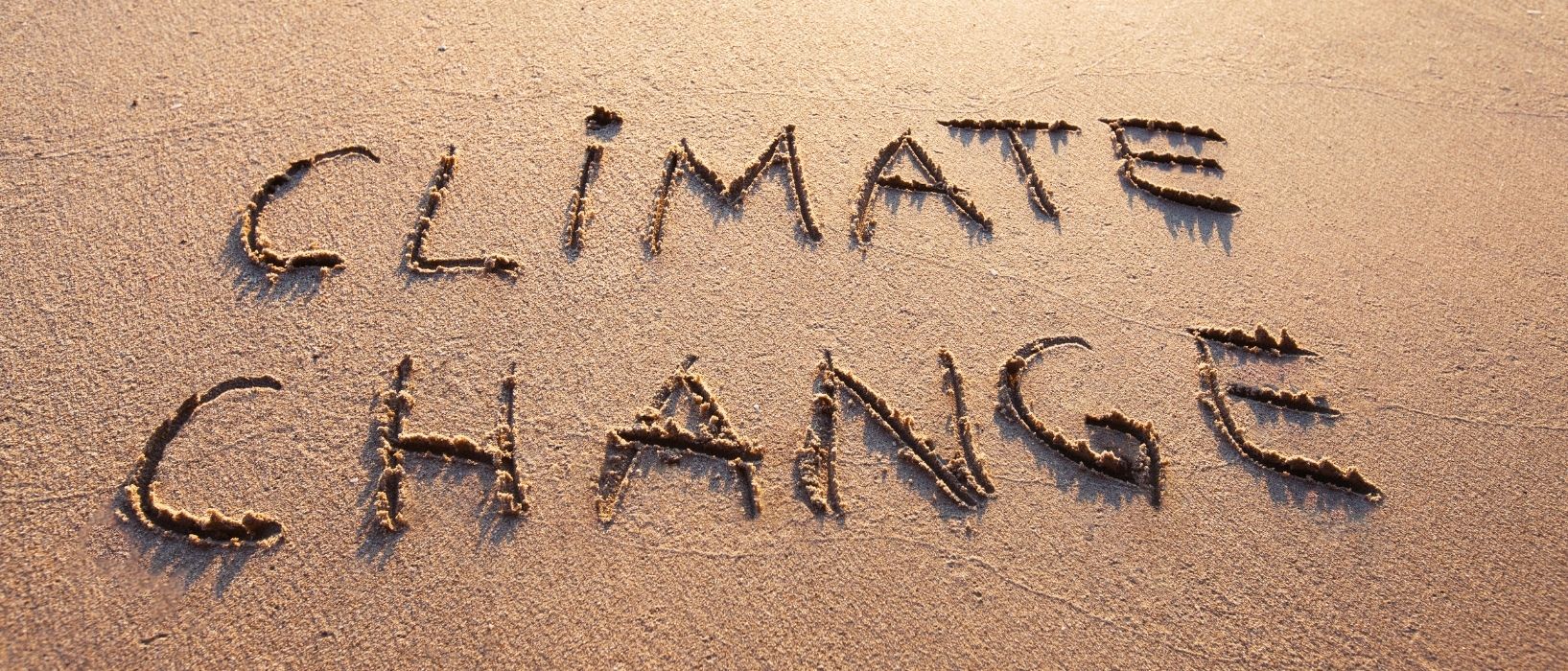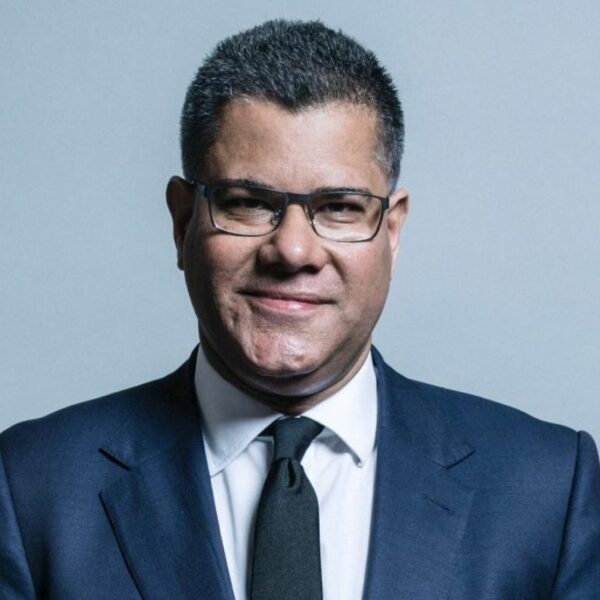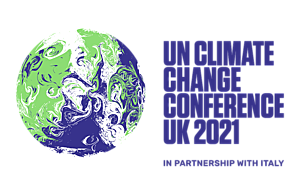
From October 31st to 12th November in Glasgow, Scotland, the next round of United Nations climate talks known as COP26 take place.
Billed as a ‘test of global solidarity between the world’s rich and poor and the most important climate talks since the Paris Agreement was signed in 2015’ one of the key aims of COP26 is to mobilise ‘greater ambition’ amongst nations.
COP is short for Conference of Parties which refers to the meeting of the 197 signatories to the United Nations Framework Convention on Climate Change, abbreviated as UN Climate Change.
Every year, a different country hosts the talks, which bring together delegates from every national government to advance global efforts to prevent dangerous climate change.
The first-ever COP was held in Berlin, Germany in 1995.
Following a year break due to COVID lockdowns, this year’s COP is the 26th which is why it is known as COP26.
Negotiations on legal mechanisms for governments to hold each other accountable are at the heart of COP26.
Following that are the politicians, business leaders, campaigners, and journalists who engage in lively debates about what climate action looks like and means in practice.
This year, COP26 has joint presidents from Italy and the UK.

Since the UK is hosting this year’s COP, its government is playing a larger role along with the Scottish Parliament.
In February 2020, Alok Sharma the UK’s then Business and Energy minister was appointed president of COP26 and in January 2021 he stepped down from his ministerial role to focus purely on the event.
The Paris Climate Agreement was signed, in Paris in 2015 by the representatives of 197 countries.
It aimed to limit global temperature rise to ‘well below 2 degrees centigrade.
According to UN Climate Change, updated plans completed at the end of 2020 will put the world on track to stabilise emissions by 2030.
To keep global warming to 1.5 degrees Celsius, scientists say global emissions must fall 45 per cent from 2010 levels in that time.
Of the 197 signatories of the climate agreement, the United States, Canada, the European Union, and the United Kingdom are among 110 countries, the majority of which are developing economies, that have formally submitted improved plans to the United Nations by the end of July deadline.
However, many of the world’s largest emitters failed to meet the repeatedly extended deadline.
The plans of China, India, and Saudi Arabia are conspicuously absent from the list.
Others, such as Australia, simply reaffirmed old goals with no increase in its ambition to cut emissions and reduce its footprint
Brazil actually reduced its commitment even further by changing its baseline or in other words moving the goalposts to suit itself.

When discussing the UK’s agenda for COP26, Prime Minister Boris Johnson used a four-word sound byte to describe it – ‘coal, cash, cars and trees’.
Johnson says he wants the UK summit to be the one where coal is consigned to history.
He also wants to resolve the shortfall of $20BN per year in climate finance promised to countries in the developing world.
The PM has also said the UK is aiming to speed up the transition to electric vehicles moving the deadline forward to 2040.
To aid with this, it has set up a Zero Emission Vehicle Transition Council with people from all the major car markets, although China is notably absent from the list.
Finally, The UK wants to end deforestation once and for all and has launched the Leaf Coalition, along with the United States and Norway, to mobilise $1 billion in public and private finance by 2022 to reduce emissions from deforestation and forest degradation.
So will COP26 help?
The Paris Agreement rulebook was supposed to have been finalised three years ago at COP24 in Katowice, Poland, but several contentious issues have yet to be resolved.
Article 6 of the Paris Agreement specifies the rules for a new global carbon market and agreements cannot be made on many issues to finalise this article.
One of the most contentious issues is how to avoid double-counting emissions reductions – this is really a thing!
Negotiators will also need to reach an agreement on the transparency rules for reporting emissions reductions, as well as many others.
Getting 197 different governments to work together seems to be a monumental task, especially if they can’t agree on something as important as accurate and transparent reporting.
‘Whilst governments and big businesses are slowly making moves to create change, as an individual, we can all affect change at a greater rate and a larger scale than any slow-moving conglomerate. The power of the individual and the community is there in history for all to see. That’s why Play It Green exists – to help our members affect change.’
Richard Dickson – Co-founder, Play It Green
Do something AMAZING today!
Join Play It Green for the cost of a coffee each month and we will help you to:
REPAIR the planet through reforestation, REDUCE your footprint with weekly tips and sustainable discounts and REGIVE 10% to a good cause, of your choice





